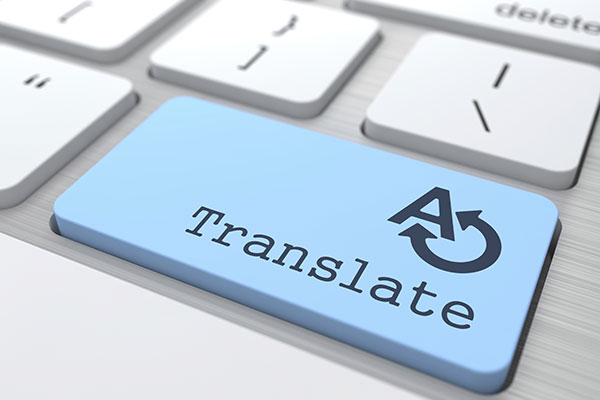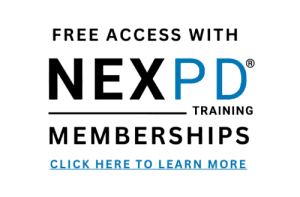

Introduction to Community Translation – Full Course
5/5
$399.00
 A comprehensive course designed to equip community translators with the foundational knowledge and skills necessary for their roles through 12 interactive modules. Led by Associate Professor Mustapha Taibi, this course delves into the nuances of translation as a crucial aspect of public service. Throughout the course, participants will explore the general nature of translation and the specific challenges and requirements of community translation—also known as public service translation. This entails translating content that facilitates effective communication between public services and speakers of different languages.
A comprehensive course designed to equip community translators with the foundational knowledge and skills necessary for their roles through 12 interactive modules. Led by Associate Professor Mustapha Taibi, this course delves into the nuances of translation as a crucial aspect of public service. Throughout the course, participants will explore the general nature of translation and the specific challenges and requirements of community translation—also known as public service translation. This entails translating content that facilitates effective communication between public services and speakers of different languages.
40 points
PD Certificate
Free with Membership














